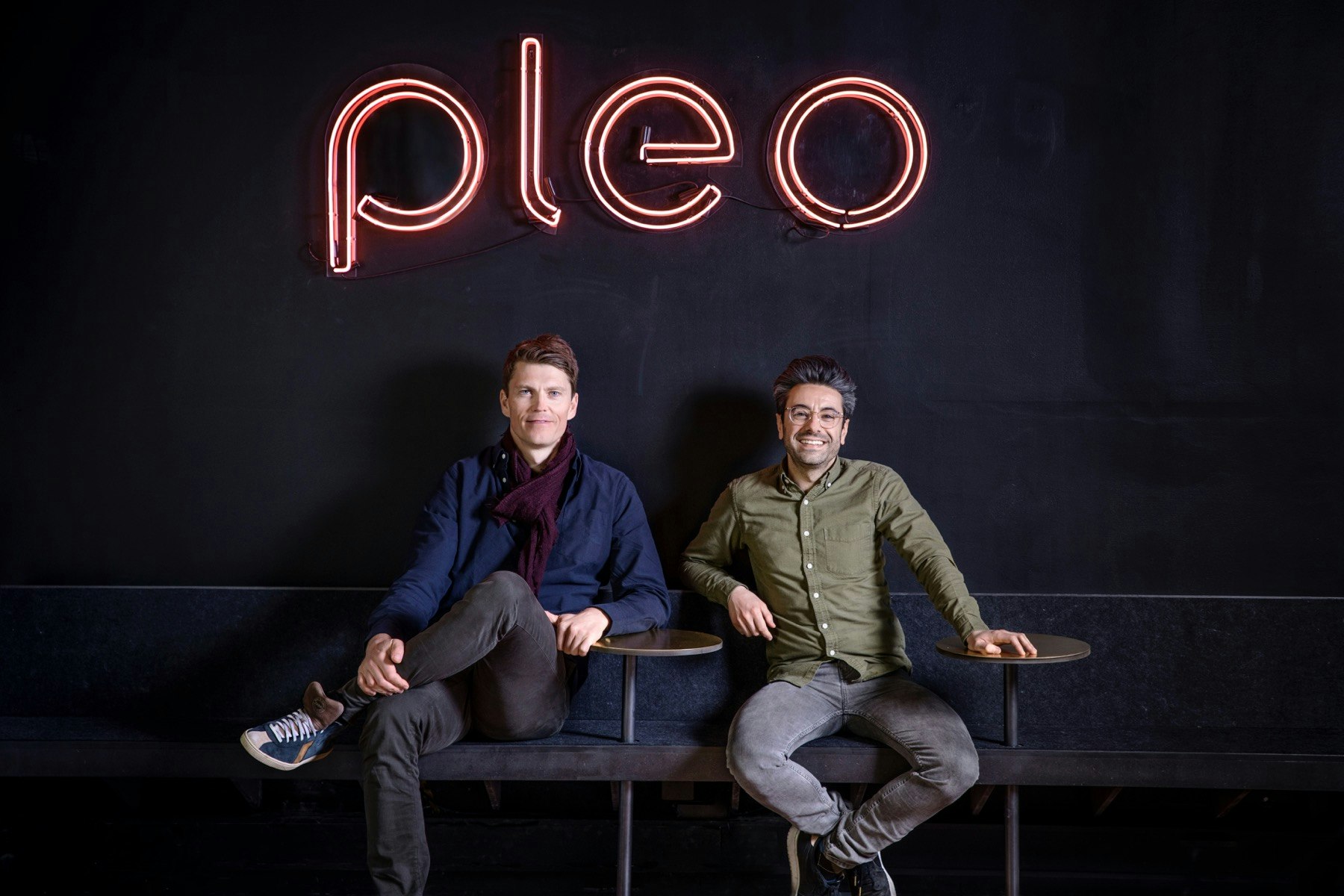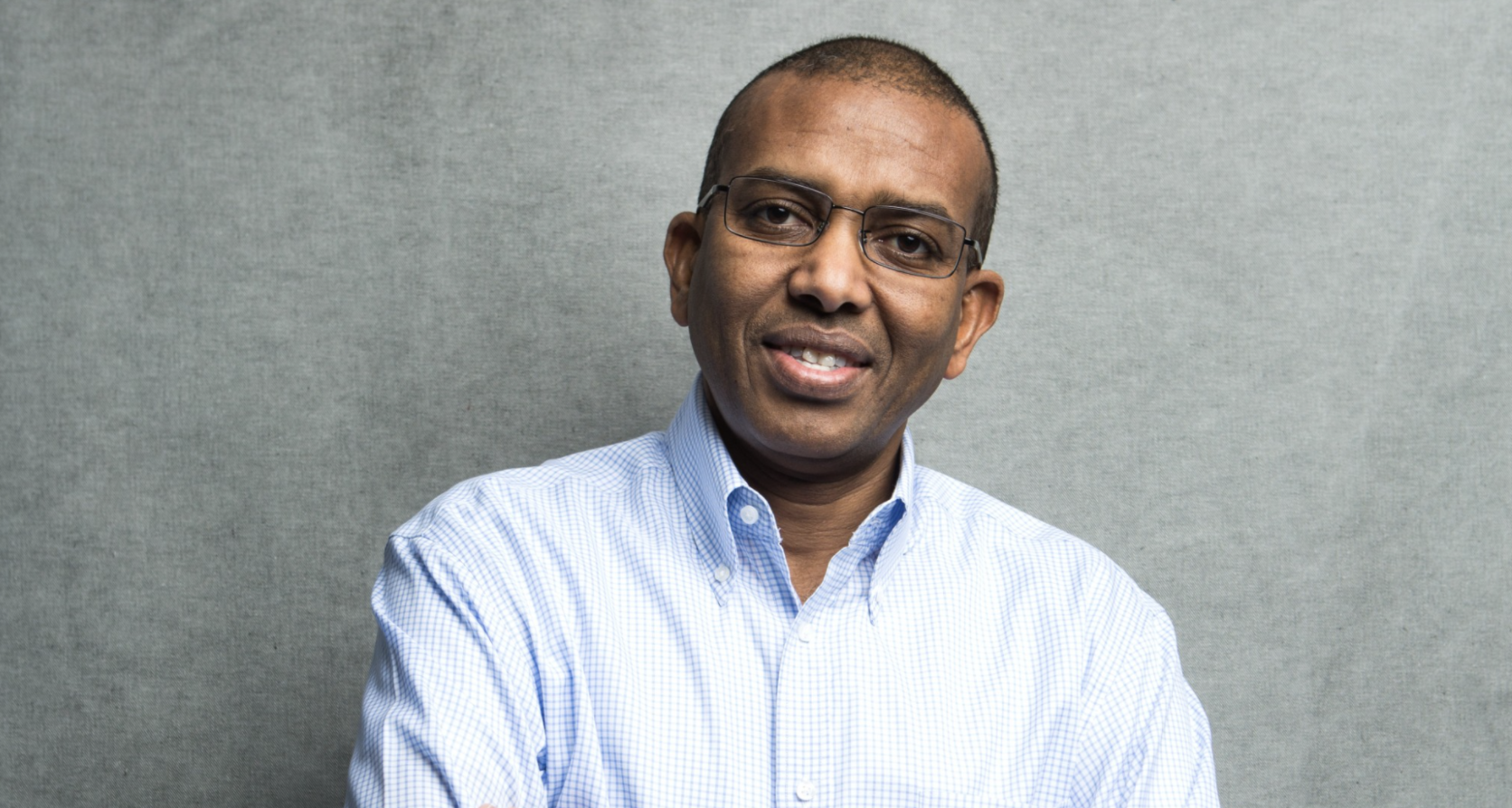A few weeks ago, Trade Republic would have been flattered to be compared to US trading app Robinhood, which has a $12bn valuation and more than 13m users. But now, the Berlin-based broker is keen to set itself apart from its giant US competitor.
Trade Republic – which enables private investors to trade stocks, ETFs and derivatives on a mobile device commission-free – was founded in 2015 with the aim of making investing in capital markets more accessible to the masses. The app has now been downloaded 1.2m times, according to Airnow data.
Originally, Trade Republic took inspiration from Robinhood, which first introduced the principle of easy, commission-free trading via a smartphone app in 2013.
Robinhood’s reputation, however, has been dented in light of recent events. The company has faced intense criticism over the past year for failing to protect vulnerable traders from heavy losses.
Then, in the recent Gamestop saga, it faced backlash for failing to provide the infrastructure needed for soaring demand and pandering to the interests of big institutions over its loyal retail users.
This has sparked wider conversations in the media about whether or not trading apps are a safe way to invest in capital markets.
[embed]https://twitter.com/Zakariyasl/status/1354805729509613569[/embed]
So where does Trade Republic, a fintech which has often been referred to as the ‘German Robinhood,’ fit into all of this?
On paper, the offering of the two companies is the same, but cofounder and CEO Christian Hecker is quick to make a distinction.
“We might look the same as Robinhood, but the trading aspect is less prominent for Trade Republic,” Hecker told Sifted in an interview. “We want to be a savings and investment platform, empowering Europeans to build up wealth with capital markets through long-term savings products.”
“Our business model and product are very different from Robinhood,” adds Hecker, pointing to the fact that they have a German banking licence and promote a range of long term savings products, as well as easy stock trading.
‘A boring way of trading’
Customers may find the two apps have a lot in common, but there is one striking difference between the way Robinhood and Trade Republic make money, Hecker explains.
Trade Republic offers a free savings plan – the so-called “backbone” of its product – where customers can save over 1.5k stocks or exchange-traded funds (ETFs) free of charge from a minimum investment of €10. The company makes money by charging a €1 flat rate for third-party costs per trade.
Meanwhile, Robinhood earns cash by passing its customer trades to hedge funds like Citadel, which then pay Robinhood for the opportunity to fulfil its customers’ stock orders. Citadel then makes money on the spread between the buy and the sell orders being executed.
When asked whether he believes this process — known as payment for order flow — to be ethical, Hecker preferred not to comment.
“I can only say that the challenge in brokerage in the US is completely different than in Europe. Trade Republic doesn’t cooperate with any hedge fund, we’re not affiliated with anyone, and we have no shareholders.”
He adds that unlike Robinhood, Trade Republic also doesn’t do 'over the counter' (OTC) trading – which is done directly between two parties without the supervision of an exchange.
“We have a very boring way of trading on the stock exchange in Hamburg that is fully regulated: we have full transparency and reliability in the way our business is conducted.”
Responsible investing
Still, attracting novices to trade on stocks bears an element of risk — especially when trading via an app is so easy.
Trade Republic prides itself on allowing users to save, invest or trade “in just three taps.” The slickness of its app is, in part, what attracted investors in the first place.
Meanwhile, Robinhood – which has similarly streamlined its user experience to make investing as quick and easy as possible — recently faced legal action for “gamifying” investing, and failing to put adequate controls in place to safeguard amateur investors.
How, then, is Trade Republic encouraging responsible investing?
“Firstly, I don’t think ease of use by default encourages gamification,” says Hecker.
“Secondly, unlike Robinhood, or other apps, Trade Republic is a very reduced tool: we give you a simple search and a trading screen. By no means are we trying to sell you any investment products.”
And, there’s certainly no burst of confetti to celebrate transactions, adds Hecker — which has become a signature design feature on the Robinhood app.
Trade Republic also says it has a number of in-app features to help users trade responsibly.
For starters, the company has a “detailed” form for new users that analyses their experience in trading stocks. When a user tries to complete a trade that deviates from their experience, they get issued a “very precise warning,” says Hecker.
The app also offers automatic risk warnings for certain stocks.
“We try to explain to people that this particular stock is very volatile,” adds Hecker.
Some users, however, aren’t so convinced of Trade Republic’s noble intentions.
One user told Sifted that while Trade Republic positions itself as a savings platform, they “definitely nudge users to trade as much as possible.”
Additionally, while Trade Republic has launched a podcast called ‘Without Stocks’ to ostensibly educate its users and “create a dialogue around trading,” another user told Sifted that this is just another way of keeping users on the app.
“The content of the podcast is very much focused on short-term news on popular stocks. [It inspires] a need to buy or sell a stock just out of FOMO.”
Hecker doesn’t seem swayed by these complaints, however.
“We’re very confident that customers use our platform consciously, with just a few bucks to get themselves started. Ultimately, responsible investing is the most constructive business model in the long run.”
Growing user base
In the last year, Trade Republic’s user numbers have ballooned, and the founders now perceive their company to be “one of the largest brokers in Germany.”
While Hecker prefers not to “communicate much” on company statistics, he did say that Trade Republic had 150k customers and 1bn euros in asset management last February.
These numbers have “significantly grown” since then — in part fueled by the pandemic trading rush.
CNBC reported that a combination of boredom in lockdown, increased market volatility, and zero-commission fees on trading apps created a boom in first-time traders — and brokers like Trade Republic have significantly benefited.
It helps that the company also raised a whopping $67m in April 2020, led by Peter Thiel’s Founders Fund, in one of the largest Series B rounds a German startup has ever seen.
Hecker says that Trade Republic isn’t a “millennial broker” and that its customer base is made up of all age groups. He adds that over 50% of its users have never traded before.
“Capital markets are the best way to help people participate in economic growth,” says Hecker, an investment banker turned philosophy student.
“85% of Europeans haven’t invested in capital markets. That means that 85% of money in European households is being stored on zero or negative interest rate accounts — and that’s a pity.”
Ultimately, Trade Republic sees itself as inviting people to enter the market "who have been neglected in the past."
The Gamestop saga
If 2020 showed us anything, it’s that “extraordinary things” are happening in the world, says Hecker.
In the last week of January, an army of participants from the r/WallStreet Bets subreddit, which offers stock tips, rapidly bid up the price of Gamestop shares after seeing institutional investors trying to short the stock.
The surge in price attracted mainstream press coverage, which prompted amateur investors to use commission-free apps to buy in.
Like other trading apps, Trade Republic struggled amid the flurry of trades on its platform, and was met with a storm of customer complaints.
The platform, according to Hecker, suffered “technical issues” for four hours on January 28, and the team made the “conscious decision” to stall the purchases of 5% of its users.
“We had to do this to control the capacity in our systems and protect our customers,” he says.
Unconvinced by Trade Republic’s response to the situation, one user wrote on Twitter: “You have no problem with us buying penny stocks... turbo short gold certificates with x90 leverage to lose our capital within seconds but all of a sudden you are concerned about us buying particular stocks because 'risks".
Another user wrote: “I can understand everyone who wants to leave Trade Republic after they have shown their [true] colours.”
However, shutting down trading wasn’t something that Trade Republic did lightly, according to Hecker.
“Freedom of choice is one of the principles of the capital market, and we defend that heavily. This is one of the guiding rules of our offering: the freedom of choice.”
The good thing about being a tech company first, continues Hecker, is that “we can learn from situations and adapt quickly. The likelihood of this happening again is very small.”
‘A European project’
So, what’s up next for Trade Republic?
The company has grown its employees from 30 to 280 in less than a year, and has set its sights on expanding to other markets in continental Europe. There are no plans, as of yet, to expand to other continents.
The UK is also an interesting prospect for Trade Republic, says Hecker, but the cofounders are waiting to see what Brexit will bring before making any moves.
“We are in the making of a primarily European savings platform. We're going to integrate our banking/savings offering quite thoroughly, and build out our team in Berlin,” says Hecker.
“Ultimately, we believe the average man or woman with small kids needs participation in capital markets — and we exist to make that happen.”
Miriam is Sifted's Germany correspondent. She tweets from @mparts_


